The 6 questions you should always ask your kitchen designer before starting a renovation - expert tips to avoid an expensive mistake
Not discussing these points with your kitchen designer could cause some costly mistakes
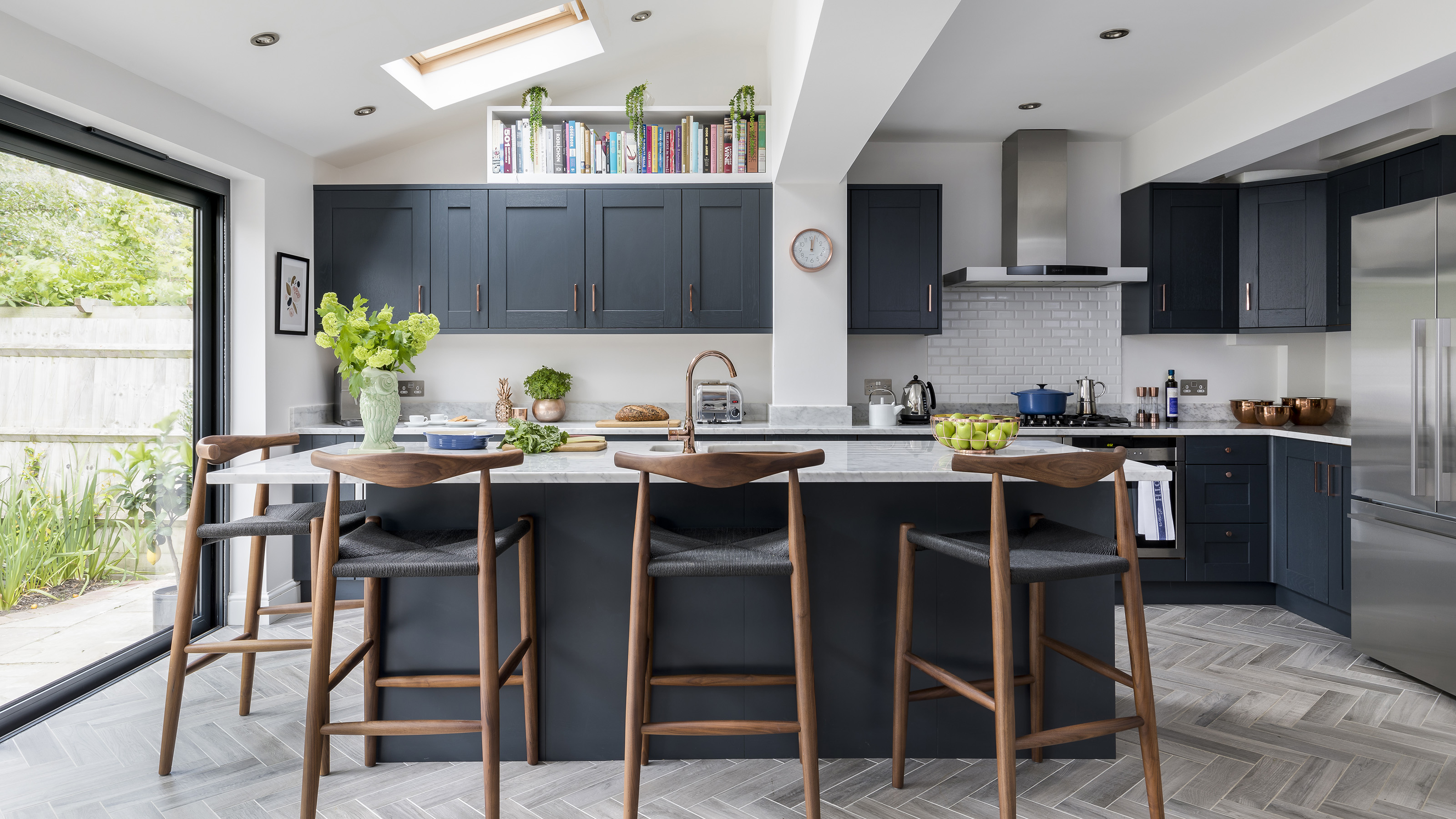
- 1. Does my budget look right for what I want to achieve?
- 2. Will I need to move any appliances from their current location?
- 3. Could the layout be improved to better suit my needs?
- 4. What do I need to consider in terms of lighting?
- 5. Will they source a fitter or is that up to me?
- 6. How can I create a stylish kitchen with longevity?
- FAQS

If you've got plans to renovate your kitchen this year, then you're probably busy researching kitchen renovation ideas, putting together Pinterest boards and ordering samples of worktops, hardware and paint colours.
You might have already found the company you want to design it or be unsure who to go with. Still, either way, there are several questions you should be asking your kitchen designer (or potential designer), before you get started.
A kitchen designer is essential to achieving the kitchen of your dreams. They can advise on style, colour, layout and even appliance placement, to ensure you make the most of your space and your budget.
Knowing what to consider when it comes to a kitchen redo is crucial to avoid any costly mistakes, and writing up a list of question to ask before a kitchen renovation is great place to start.
We've spoken to several kitchen experts to get their take on the specific questions you should be asking your kitchen designer, so read on to get clued up.
1. Does my budget look right for what I want to achieve?
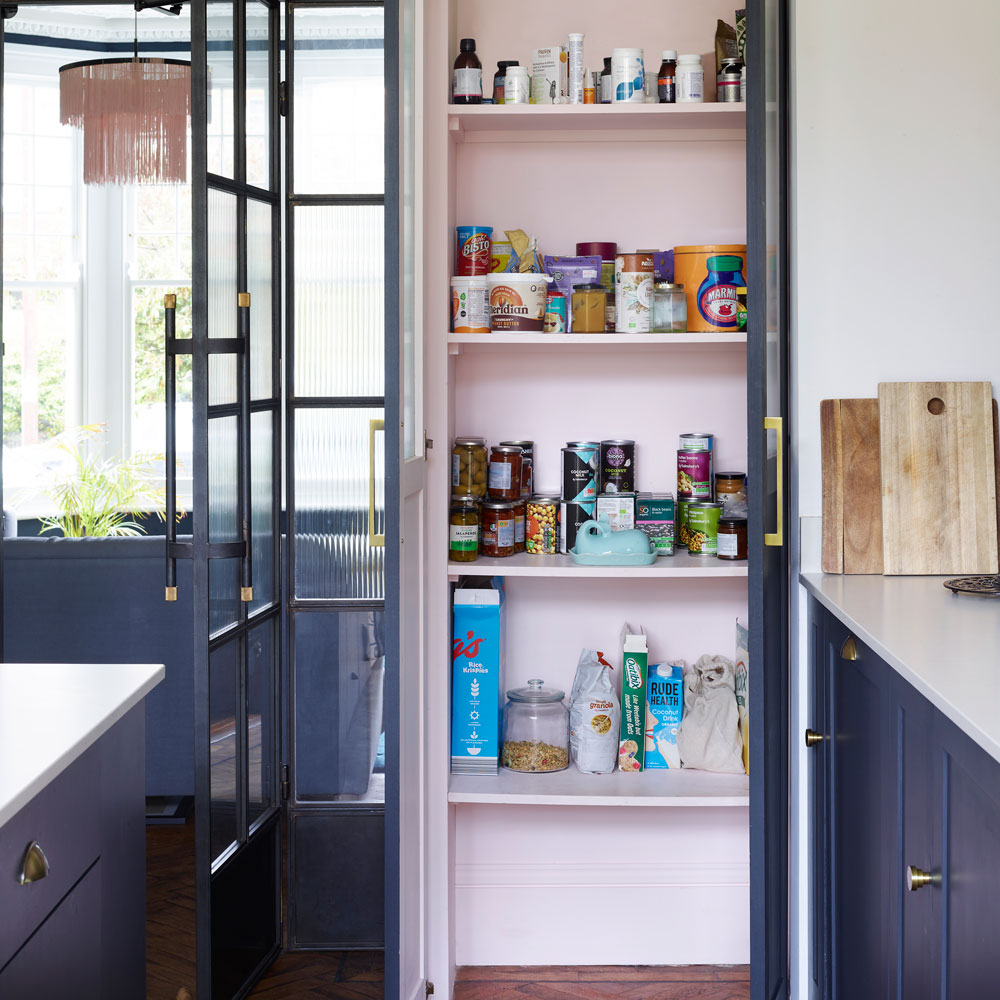
One of the first questions you should be asking your kitchen designer is about your budget. While they will do their best to deliver all your wants and needs, it has to be realistic and they'll be able to guide you to spending your money where it really matters.
Richard Davonport, managing director at Davonport explains, 'At the start of your journey, your kitchen designer can help you to consider your budget, as this will dictate not only what style and appliances you may end up with, but also the type of kitchen you can afford, whether that is handmade, bespoke or off the peg.'
Get the Ideal Home Newsletter
Sign up to our newsletter for style and decor inspiration, house makeovers, project advice and more.
'Budgeting for a bespoke kitchen can seem daunting, but it doesn't have to be. Be sure to understand what your budget must cover such as design services, cabinetry, appliances, and installation. It is good practice to have a contingency pot set aside – aim for 10% to 15% of your overall budget, in case you run into any problems.'
'Our kitchen designers can help to prioritise your spending based on your must-haves and then see what you have left over for your would-likes. Don't forget, the cost of high-quality, long-lasting cabinetry, materials and appliances might seem pricey but they prove cost-effective in the long run, especially if you are planning to stay in your home for years to come.'
2. Will I need to move any appliances from their current location?
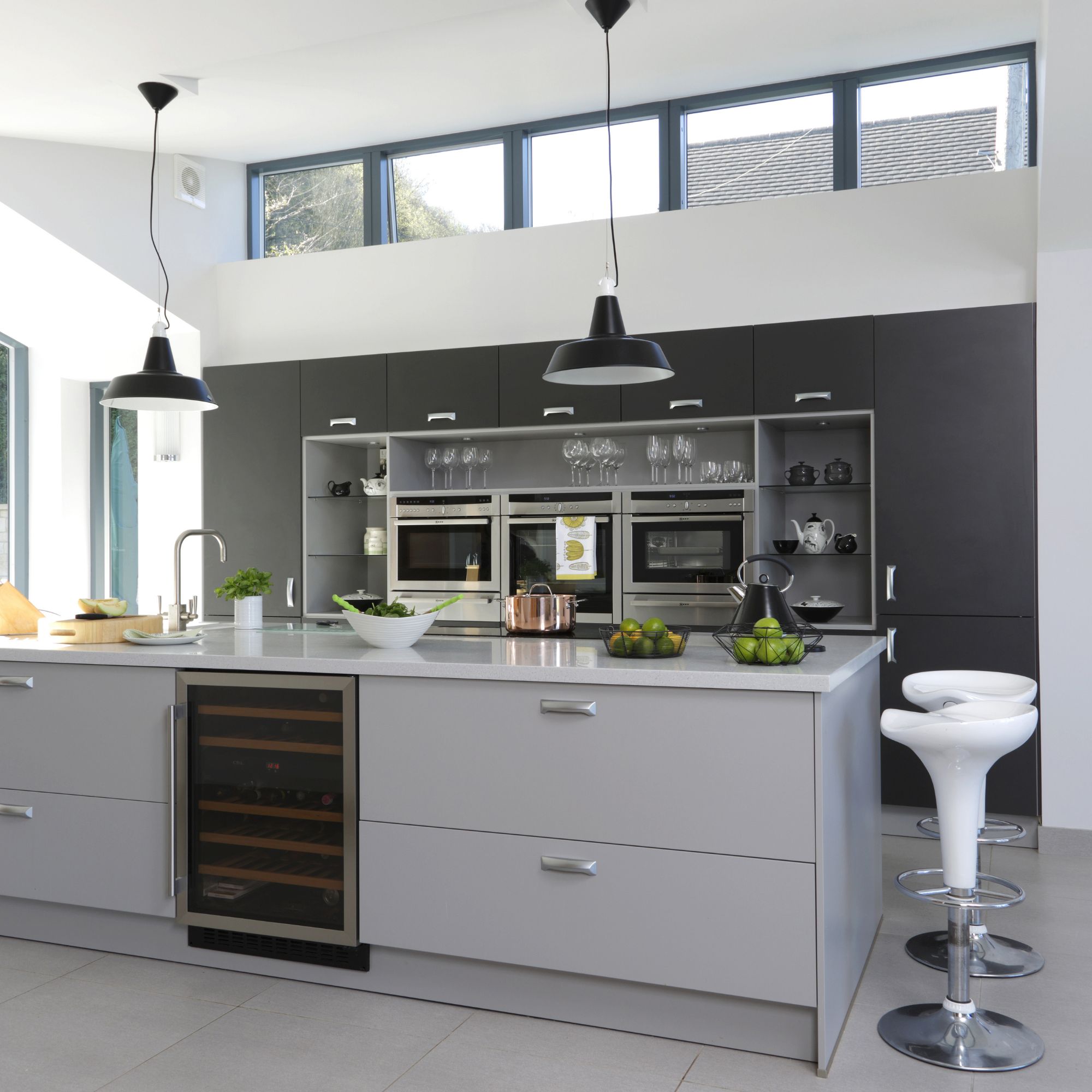
Next up on the list of questions you should be asking your kitchen designer, is around your appliances. You might find your current appliances are still in good nick so you don't need to replace them, but they might not be in the best position for your new kitchen, so it's worth discussing kitchen appliance layout ideas with your designer.
'One of the first things you should consider with your kitchen designer, is appliances and their positioning as this will inform the rest of your layout, explains Nicolle Whyte, design director at Olive & Barr.
'If you’re happy with where your appliances currently sit, then it’s best to leave them put, as this will save you on any costly plumbing and electrical fees too.'
Alex Main, director at The Main Company, adds 'There are a few items that need to be discussed before your kitchen designer can draw up plans, such as the size of the sink, type of fridge and also cooker, to make sure their drawings are as accurate as possible. Also, make sure to let the designer know if there are any existing appliances in the kitchen that you want to keep or replace too.'
Bally Aulak, kitchen design consultant at Wickes suggests, 'To achieve a sleek and seamless look, integrate your appliances, as matching appliance fronts to your cabinetry keeps appliances discreetly hidden.'
3. Could the layout be improved to better suit my needs?
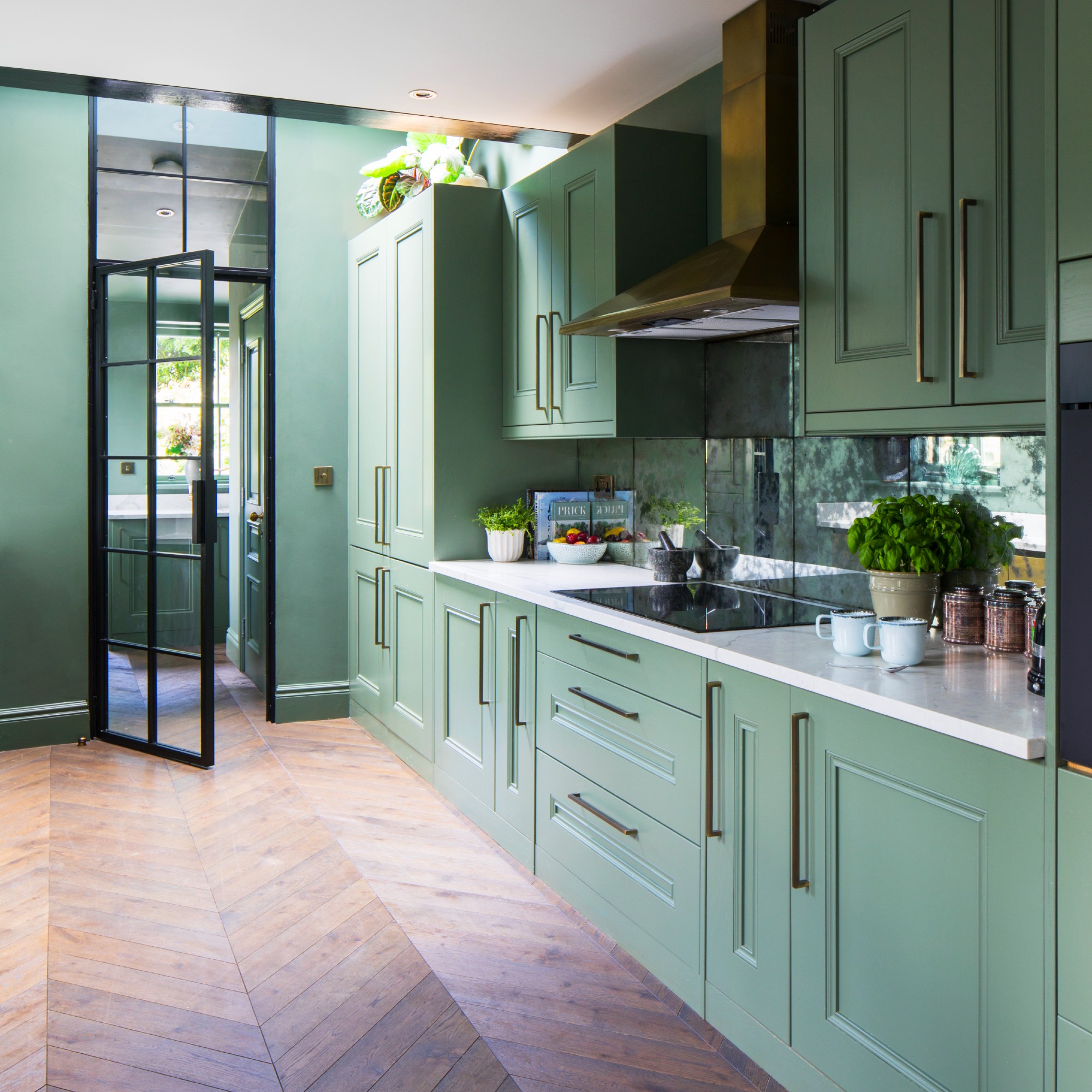
'Layout is crucial within a kitchen to ensure it meets your everyday needs and that there is a good flow between the most important elements in the kitchen,' explains Alex.
'The main goal is to create a seamless cooking experience without any inefficiencies, which may become a problem if your kitchen is not properly planned by a designer.'
'Having the sink close to the cooker is important for example, particularly if young children are racing around, as a pan of boiling water wants to find its shortest way to the sink. On occasion, it may be easier to have a small preparing sink near the cooking area and leave the main sink for washing up.'
'The cooking, extractor and water decisions are fairly crucial for the builder of choice to know too, there may be issues with drainage fall levels for example depending on where the client decides to have the sink.'
Nicolle adds, 'Discuss with your kitchen designer how you like to use your kitchen, are you a keen cook for example or do you love to host big family gatherings? Sharing these details is key in making sure the designer can deliver a space with the best kitchen layout that will fulfil your brief. Kitchen design is constantly evolving so don’t forget to ask about smart storage solutions, new materials or appliances,' she comments.
4. What do I need to consider in terms of lighting?
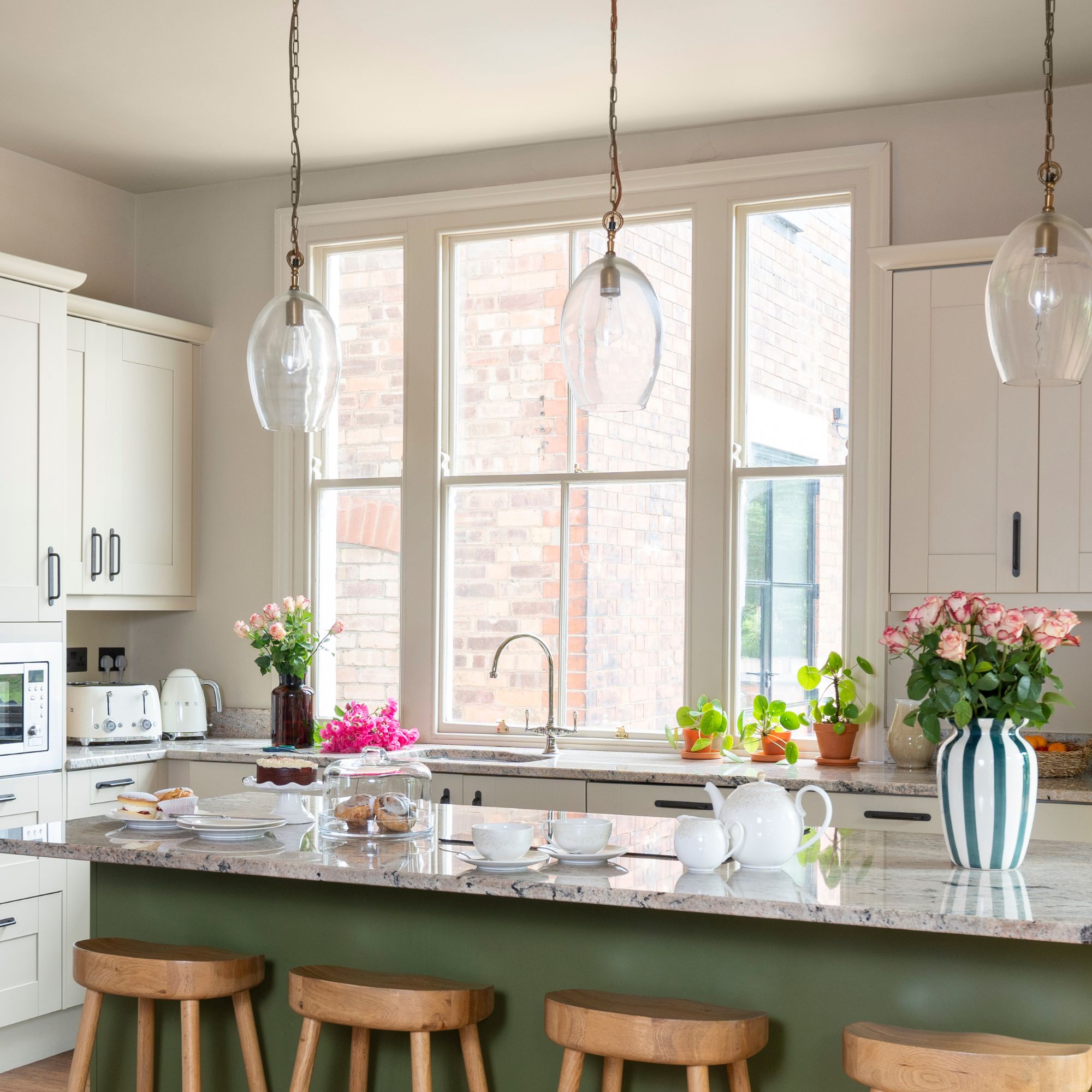
Lighting is important in any room but it might not be the first thing you think of when planning your kitchen. However, this is definitely a topic of questions you should be asking your kitchen designer.
Richard explains, 'The small details in a kitchen matter and certainly don’t want to be overlooked. This includes tiles and splashbacks, but also importantly, kitchen lighting. Lighting is so crucial to kitchen design and it is important to ask your designer what they are planning, what they or you need to source and how to get the best out of various types of lighting, from task, to accent and ambient.'
'Trends for glazed cabinetry, cosy seating areas, as well as practical tasks mean we need all types of lighting and this should be thought out and not left to post kitchen design!'
Bally adds, 'Don't underestimate the power of good lighting – under-cabinet and plinth lighting can make a huge difference by opening up the room and creating a more spacious, airy feel.'
 3 Pendant Diner Ceiling Light
3 Pendant Diner Ceiling Light
If you have brass handles, this three-pendant light from John Lewis will tie the whole scheme together.

Add a vintage touch to a kitchen design with this glass pendant light - perfect for adding light to small kitchens, too.
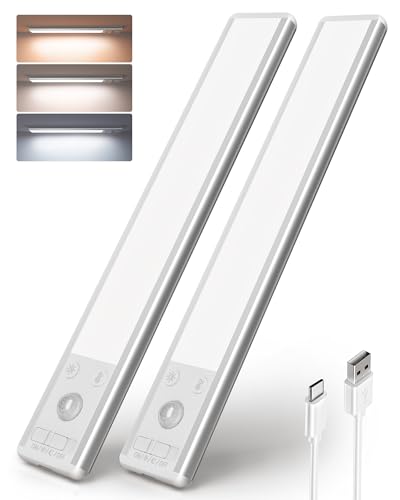
Adding task lighting will take your kitchen design to the next level. These under-cabinet lights will add much-need illumination to a worktop.
5. Will they source a fitter or is that up to me?
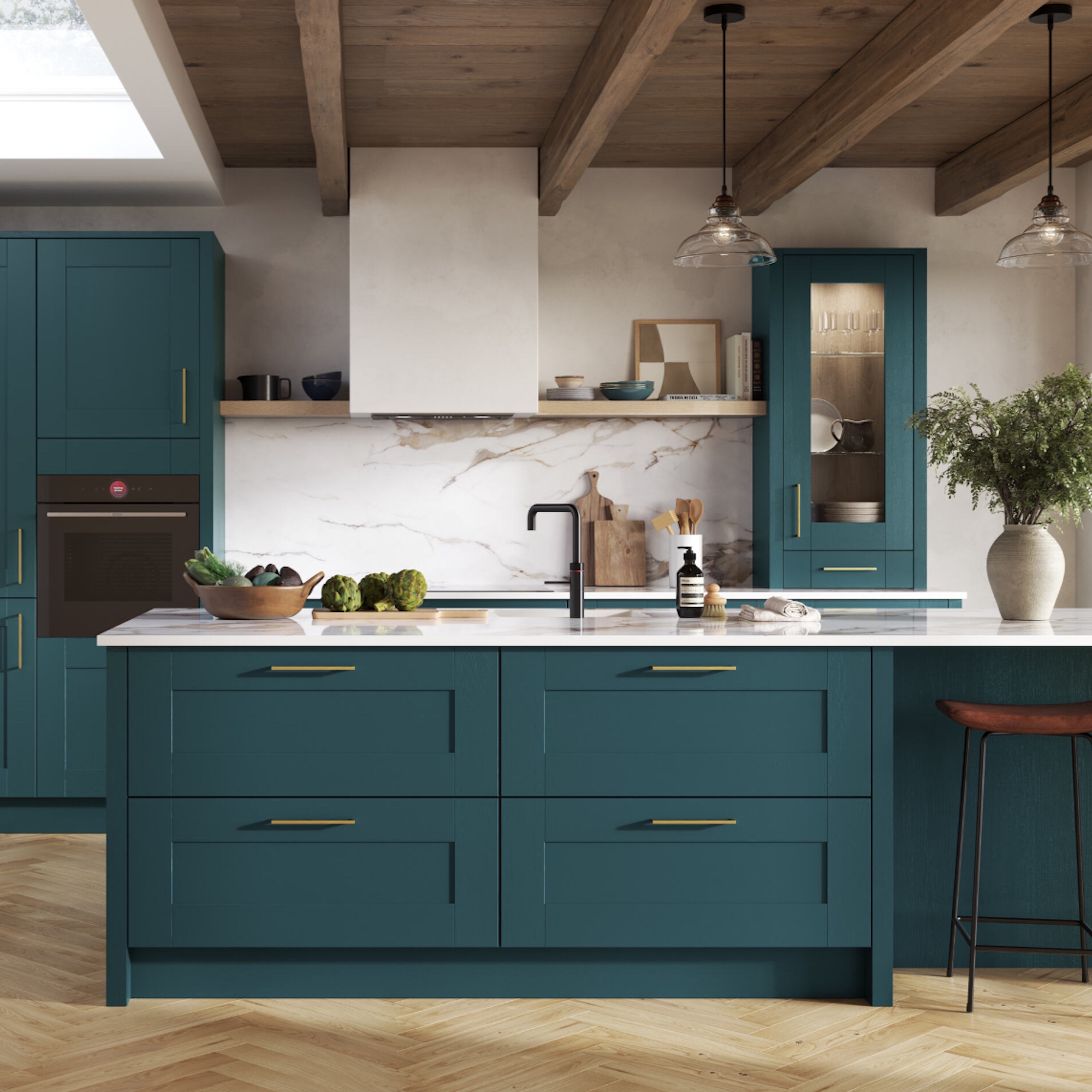
Chrome hardware was a safe choice but I do regret not being more adventurous
Don't get caught out on this one and definitely prioritise it as one of the questions you should be asking your kitchen designer.
Richard suggests, 'Always discuss with your kitchen designer around the installation of your kitchen. Are you sourcing a tradesperson? Are they? Or do they have their own trained installers? You’ll be surprised at what a difference it makes when a kitchen company has their own installers as they are fully responsible for the whole journey. Who is installing is also important when you come to the quoting stage, especially if comparing quotes.'
'Another point to explore with any kitchen designer is around customer service levels, and not just while your project is going on! If you are going more off the peg for your kitchen, customer service post install might be limited to just a couple of small snags. If you are looking to invest in a premium, high end kitchen, the expectation around customer service is that you deal with the kitchen designers throughout your journey and not a salesperson so that they are fully immersed in your project.'
'New trends, such as an increase in kitchen pantries and appliance cupboards also often mean that careful consideration needs to be taken by your kitchen designer and installer.'
6. How can I create a stylish kitchen with longevity?
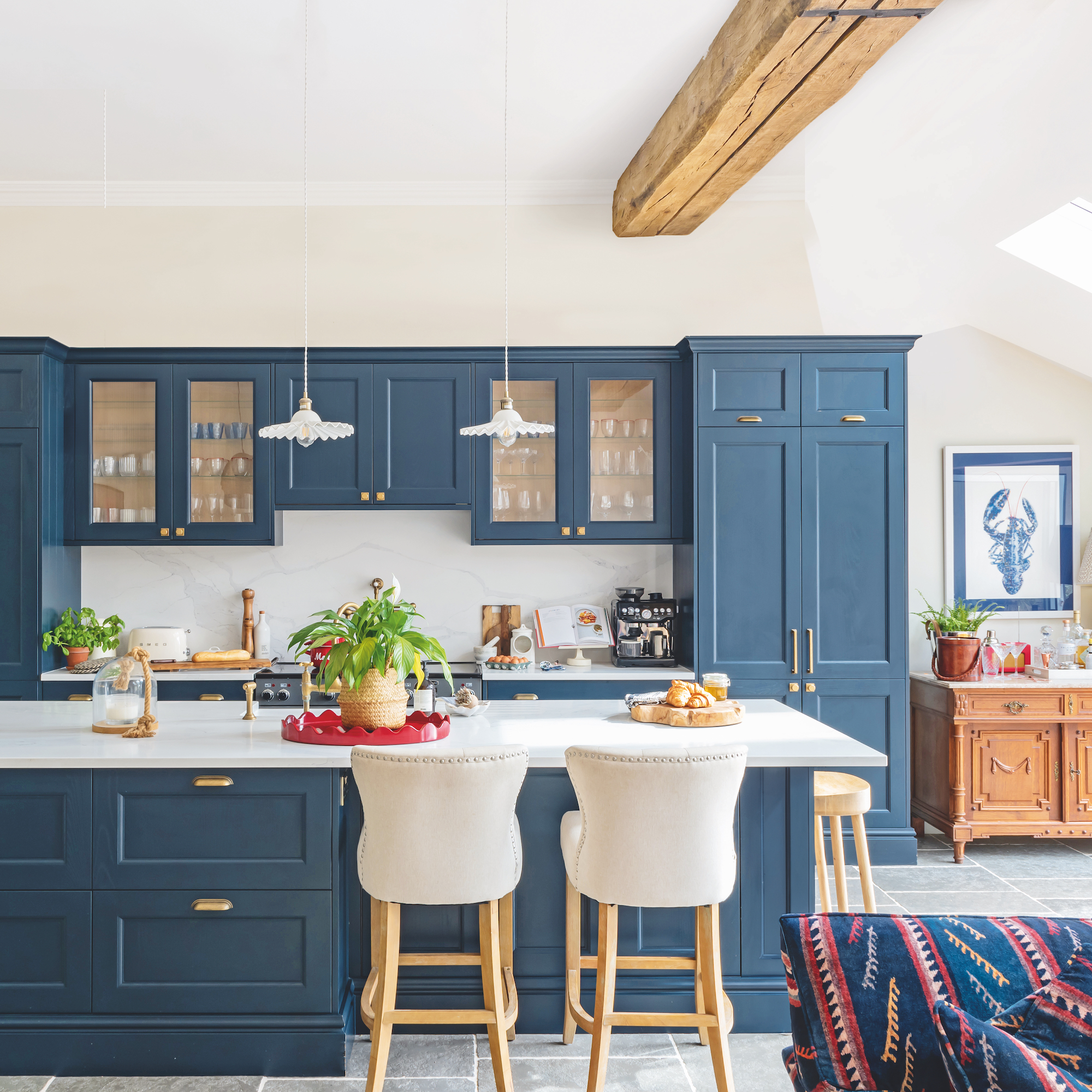
Our shower was supposed to be another 10 cm wider but we were sent the wrong one
Finally on our list of questions you should be asking your kitchen designer, is how can you create your dream kitchen, that not only looks great but will last for years to come. Colours and style are important and it's here where a kitchen designer can really come into their own.
Bally recommends, 'For a timeless look, Classic Shaker-style kitchens in neutral tones like bone or sage green never go out of style. They provide a timeless base that you can easily update with accessories and soft furnishings.'
'Natural materials and earthy tones are also trending, with open shelving and stylish wall lights adding both function and flair. For a luxurious touch, deep forest greens, gold accents, and chocolate browns are key.'
'And you don't always need to tear everything out. Upgrading worktops, taps, changing tiles and splashbacks, or even a fresh coat of paint can make a big difference.'
Nicolle comments, 'Before finalising your kitchen design, you will need to choose the colour of your kitchen and worktops. This can feel overwhelming, especially when cabinetry can be painted to match any colour you desire.'
'But at Olive & Barr we offer an interior design service, which can be beneficial if you’re struggling to make those final decisions. Our consultant will visit your home and take you through a range of design ideas from colour schemes to lighting, tiles and more. From there, they will devise a comprehensive design plan, designing a space which reflects your personality, style and budget.'
FAQS
How do I choose a kitchen contractor or tradesperson ?
Nicolle advises, 'It may be that you already have a favourite kitchen brand in mind, even so, it’s always a good idea to shop around. Once you have undertaken initial research, consider narrowing down your choices to your top three kitchen brands. If they have a showroom, make sure to take a visit and chat with their in-house designer, this will allow you to look at the quality of the designs first-hand and get a feel for their brand ethos.'
'It’s also a good opportunity to gather as much information as you can before getting into the nitty-gritty of the design process - ask about price guidelines, timescales and new innovative designs, this will all help inform your decision. Lastly, remember that you can choose more than one company to come up with a quote and design, usually for free. So, if you can’t decide on a kitchen brand just yet, don’t worry, gathering a few quotes and designs will give you a clearer idea of what’s achievable and allow you to weigh up costs.'
Alex says, 'It is great to take a step back before you start the renovation project and assess your needs and goals and what you are trying to achieve within the space, as well as establishing an allocated budget at the beginning of the journey to aim to.'
'Before you start contacting local architects or kitchen designers it’s important to have a clear idea of what you want the space to look like. Pinterest and Instagram are great resources for saving your ideas into one place using ‘boards’ or ‘saves’. This exercise will help you to visualise colour choices, worktop materials and other key elements which help to inform the designer and bring the space to life - alternatively, visit showrooms and get to grips with the raw materials in person.'
Richard says, 'When deciding how to choose a kitchen designer, visit showrooms (if they have one), look at their work and don't be afraid to pull everything out to see the quality! If they have their own workshop on site, ask to see it and see how things are made. And finally, do your research. Look to online sources for reviews, comments and what previous customers think. it isn't just about the design, but customer service too!'
So if you're ready to plan your dream kitchen, check out the kitchen trends set to be big this year.

Holly Walsh is a freelance Interiors Writer and Shopping Editor, but worked in-house here at Ideal Home for nearly 10 years. With a background of studies in Interior Design, her career in interior journalism was a no-brainer and her passion for decorating homes is still as strong now 15 years after she started, as it ever was. While Holly has written for most of the home titles at Future, including Livingetc, Country Homes & Interiors, Homes and Gardens, Woman & Home and Style at Home, Ideal Home has always been her ideal home, and she can still be found sharing her expertise and advice across both the printed magazine and the website, while also raising her two young children.
You must confirm your public display name before commenting
Please logout and then login again, you will then be prompted to enter your display name.
-
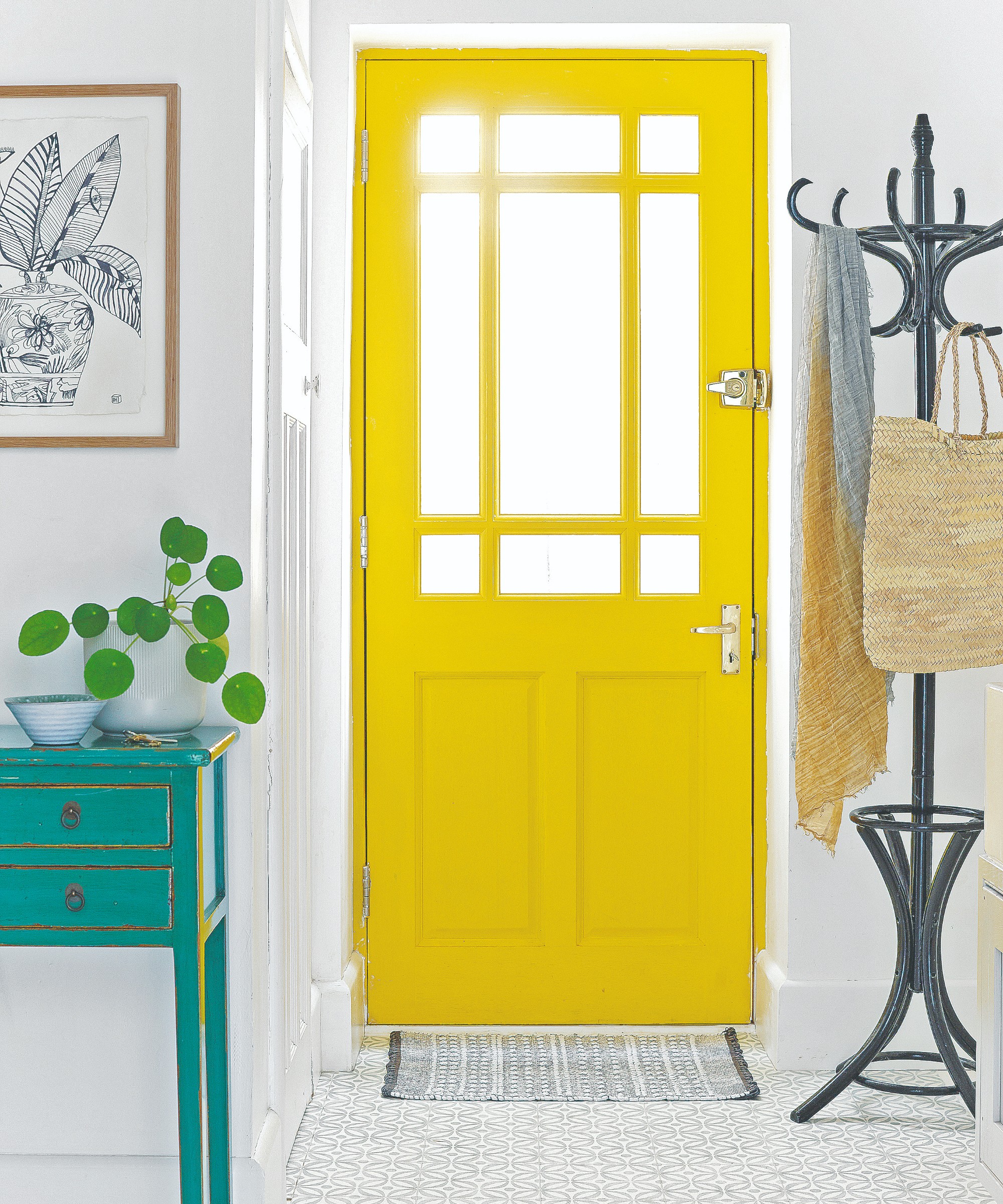 5 most welcoming colours to paint a front door, according to experts and colour psychology
5 most welcoming colours to paint a front door, according to experts and colour psychologySend out the welcoming vibes before the door is even open
By Ellis Cochrane
-
 How and when to fertilise peonies for bigger, brighter blooms, according to experts
How and when to fertilise peonies for bigger, brighter blooms, according to expertsFind out everything you need to know about fertilising peonies and how to boost their beautiful blooms for longer
By Lisa Fazzani
-
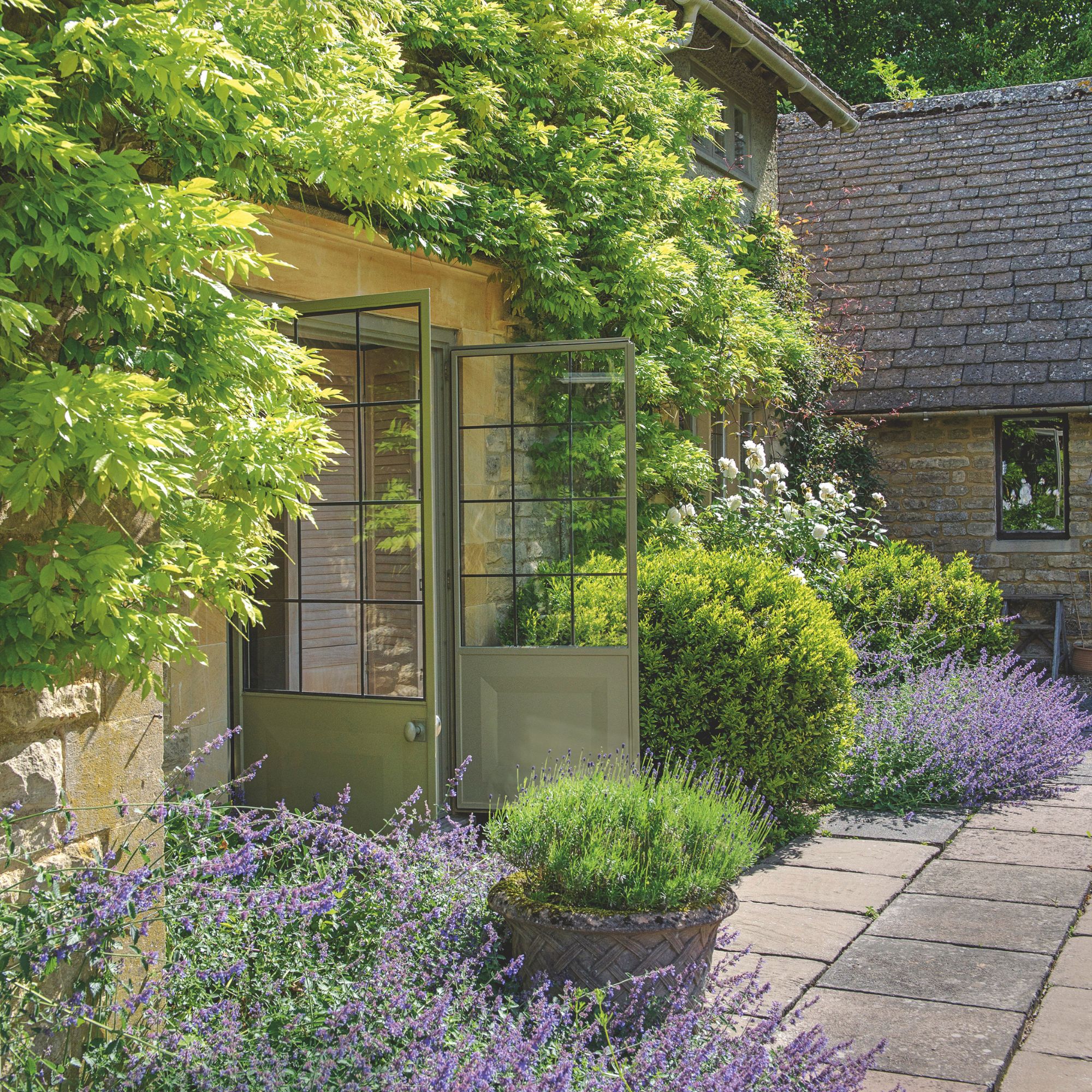 5 fragrant shrubs that will fill your garden with a gorgeous scent this summer
5 fragrant shrubs that will fill your garden with a gorgeous scent this summerAdd an extra dimension to your outdoor space with these scented shrubs
By Kezia Reynolds
-
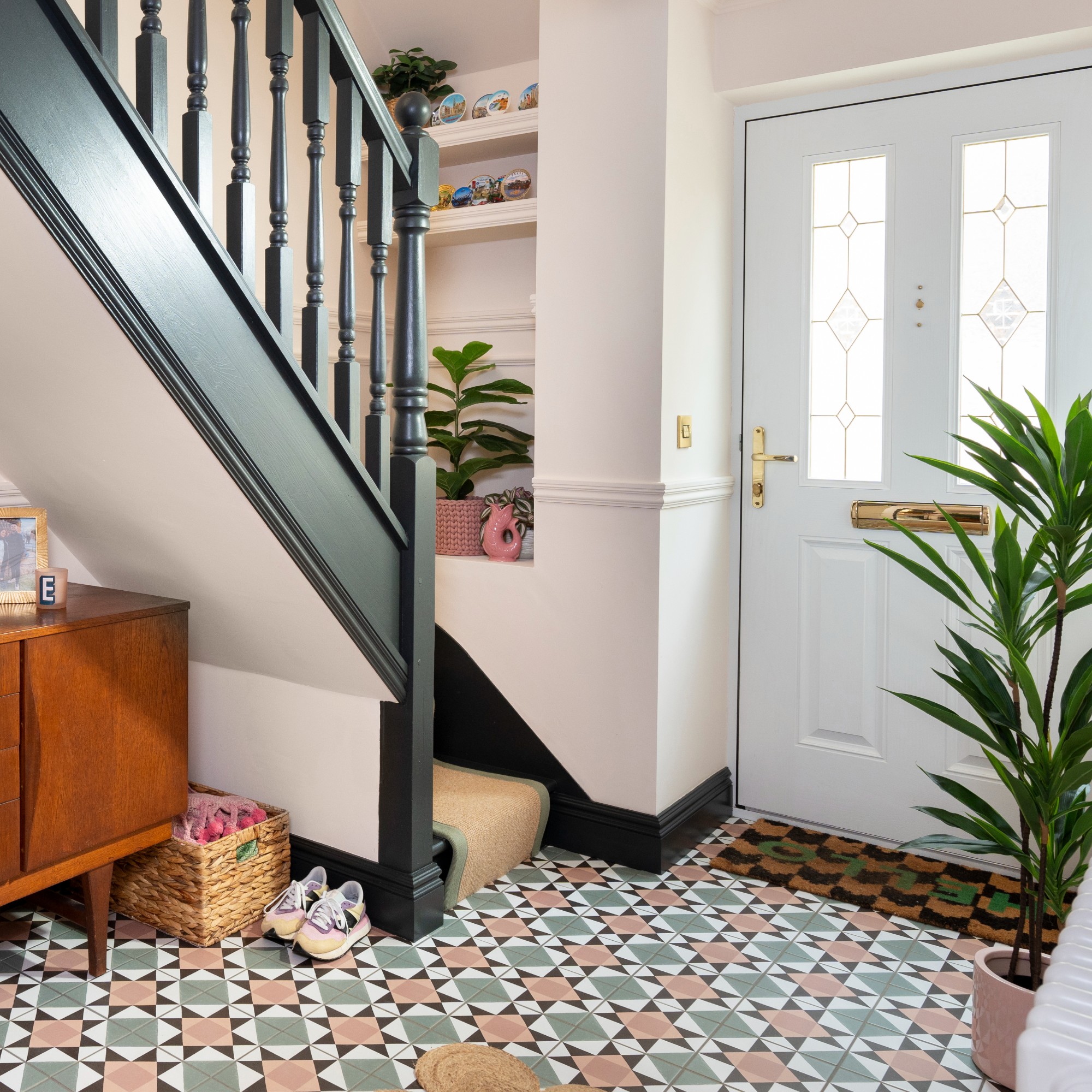 Should your doormat go inside or outside the front door? According to experts I've been getting it wrong for years
Should your doormat go inside or outside the front door? According to experts I've been getting it wrong for yearsExperts reveal the best spot for a a doormat based on your preferences and where you live
By Sara Hesikova
-
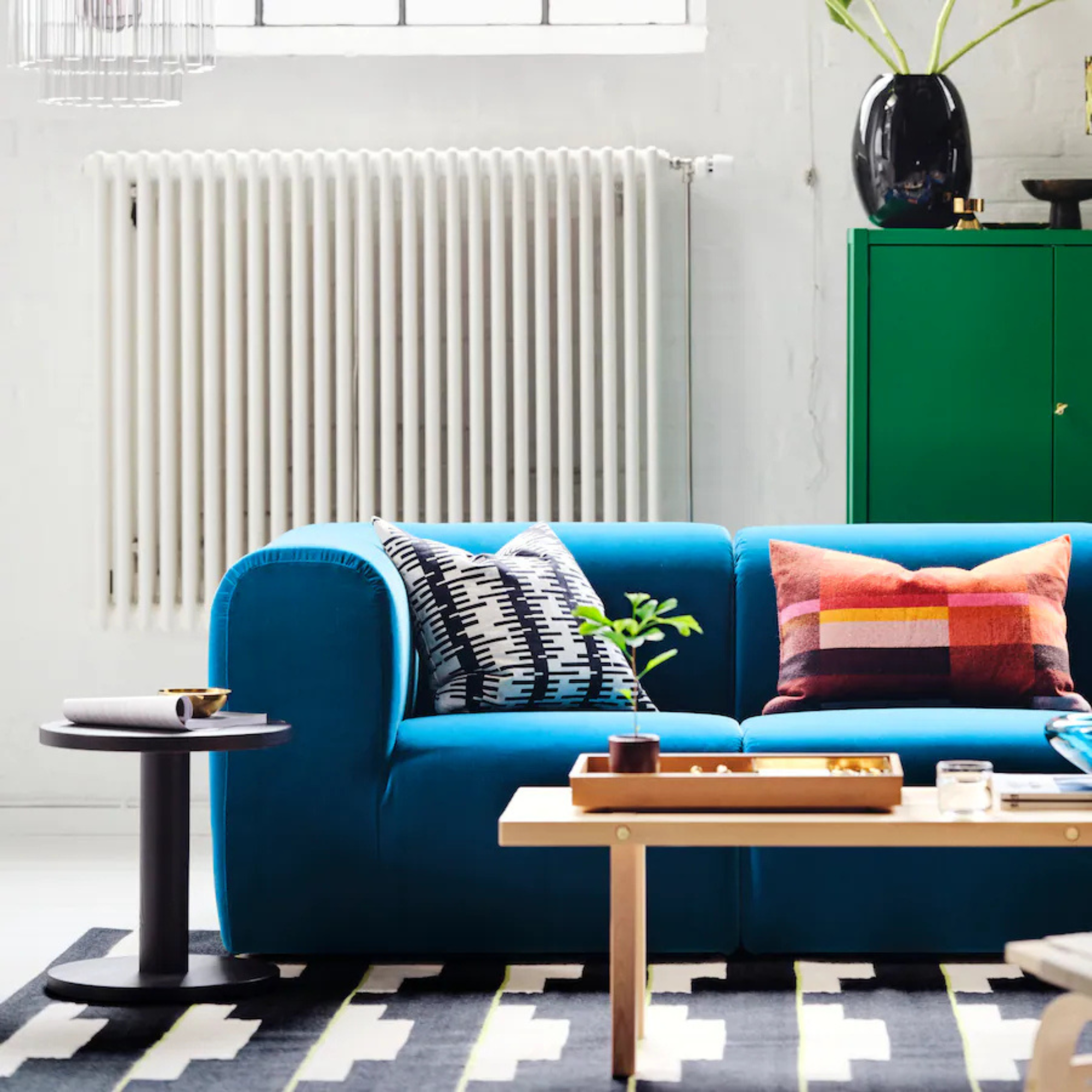 IKEA has just launched a massive 96 new products - but these are the only pieces you need to pay attention to
IKEA has just launched a massive 96 new products - but these are the only pieces you need to pay attention toThe classic STOCKHOLM collection just got even better
By Kezia Reynolds
-
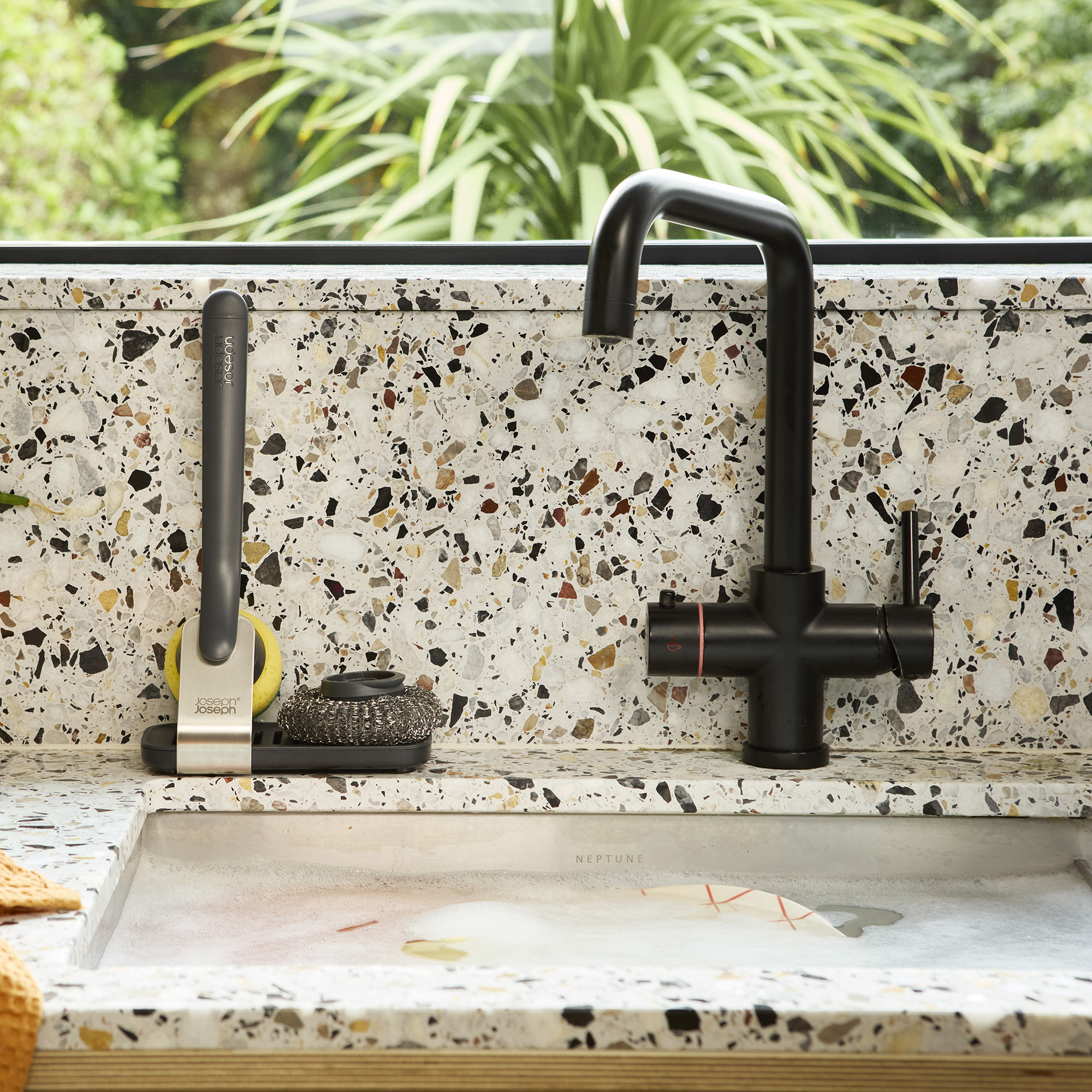 I finally got my hands on Joseph Joseph's genius Sink Tech range - my small kitchen sink has never looked so good
I finally got my hands on Joseph Joseph's genius Sink Tech range - my small kitchen sink has never looked so goodI didn't know stylish washing up accessories existed until I saw this collection
By Holly Cockburn
-
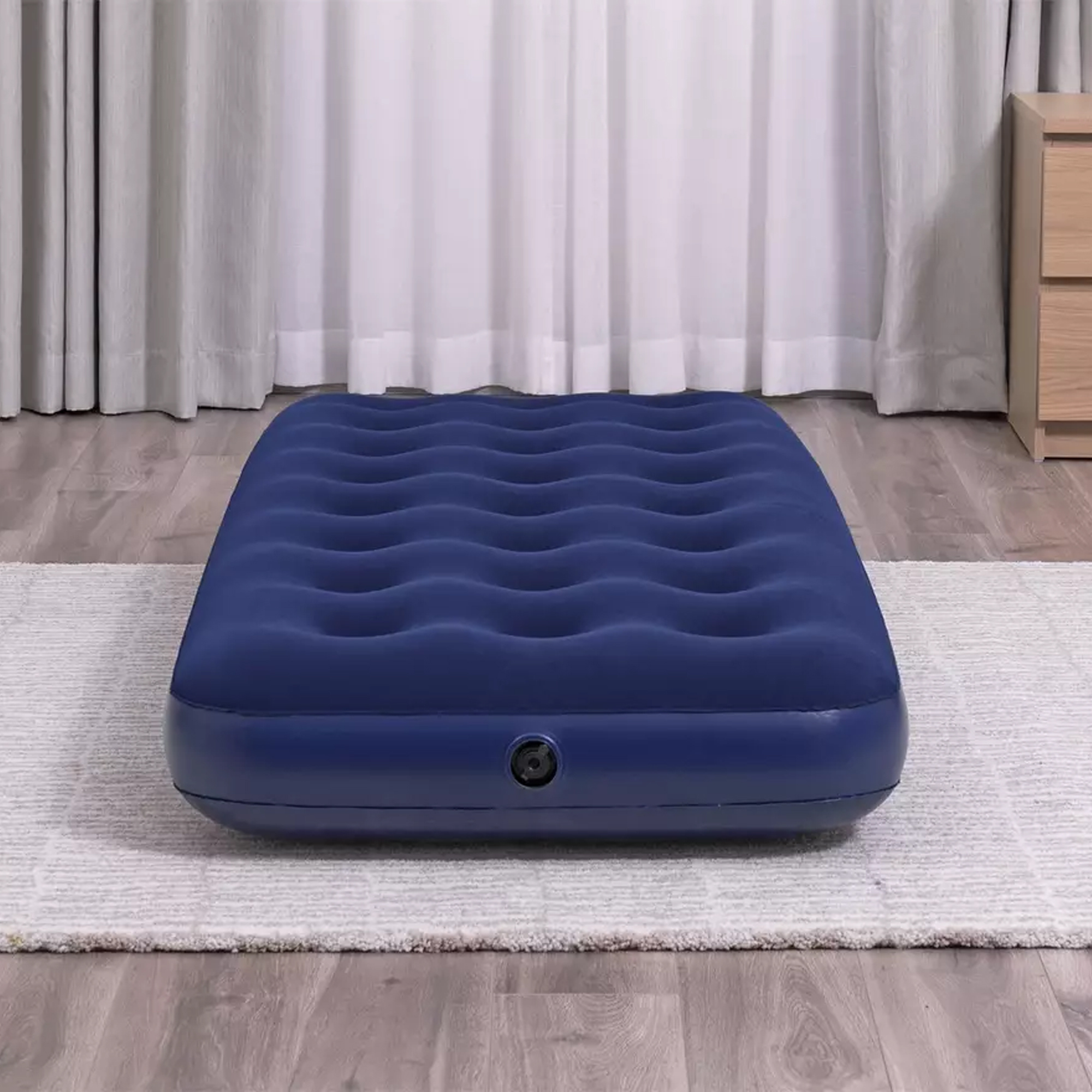 Argos is now selling an air bed for under £12 – if you're hosting guests this Easter Bank Holiday weekend, you'll want this sale on your radar
Argos is now selling an air bed for under £12 – if you're hosting guests this Easter Bank Holiday weekend, you'll want this sale on your radarThis 25% off sale is perfectly timed ahead of Easter weekend
By Amy Lockwood
-
 Rochelle Humes’ living room seating is ‘sofa goals’, and I found an almost identical high street alternative for under £1000
Rochelle Humes’ living room seating is ‘sofa goals’, and I found an almost identical high street alternative for under £1000You can now get the singer and TV presenter's modular sofa of dreams for less thanks to DUSK
By Sara Hesikova
-
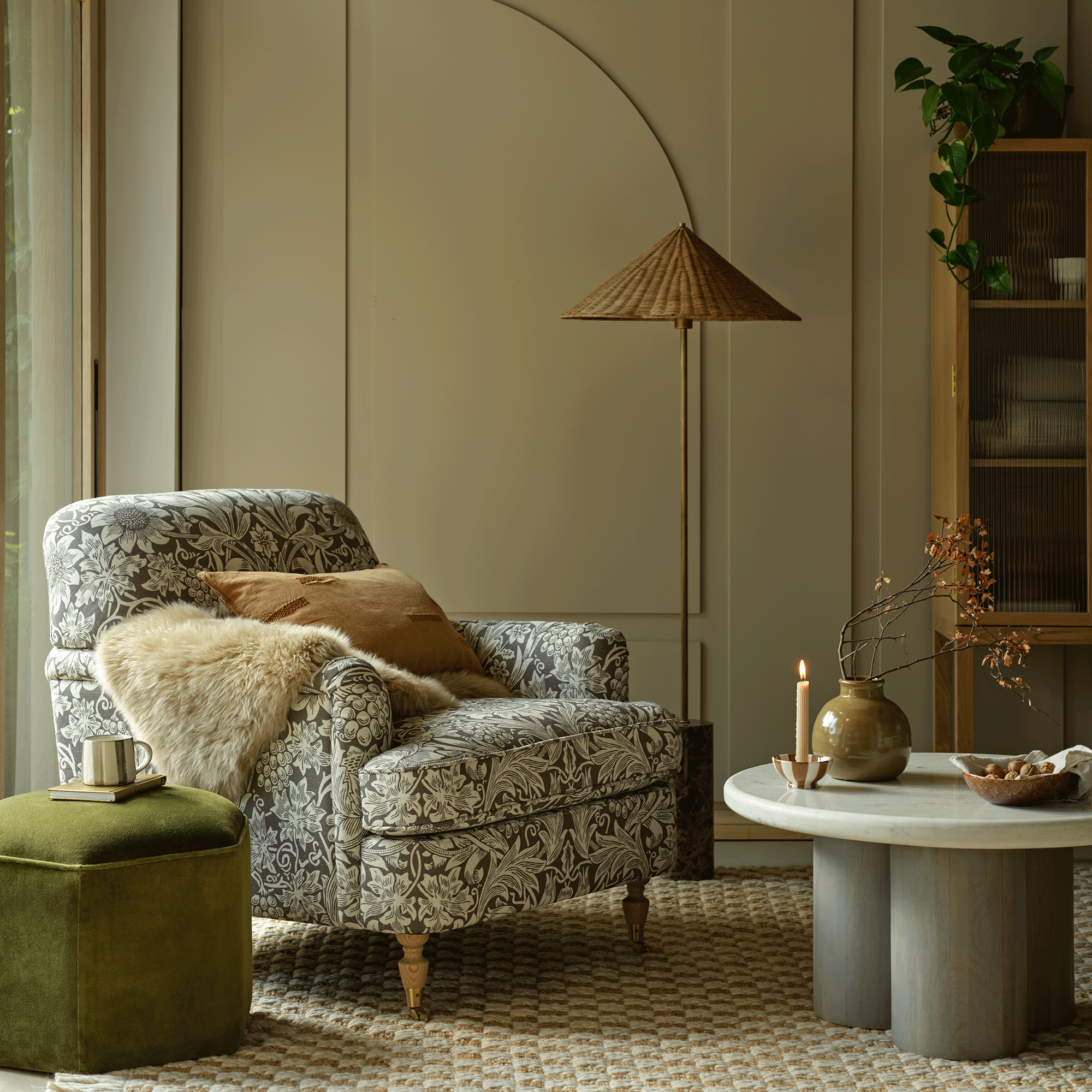 I finally got my hands on the sellout Morris & Co armchair from Habitat, and it looks even better in person
I finally got my hands on the sellout Morris & Co armchair from Habitat, and it looks even better in personIt's back in stock, and well worth the wait
By Rebecca Knight
-
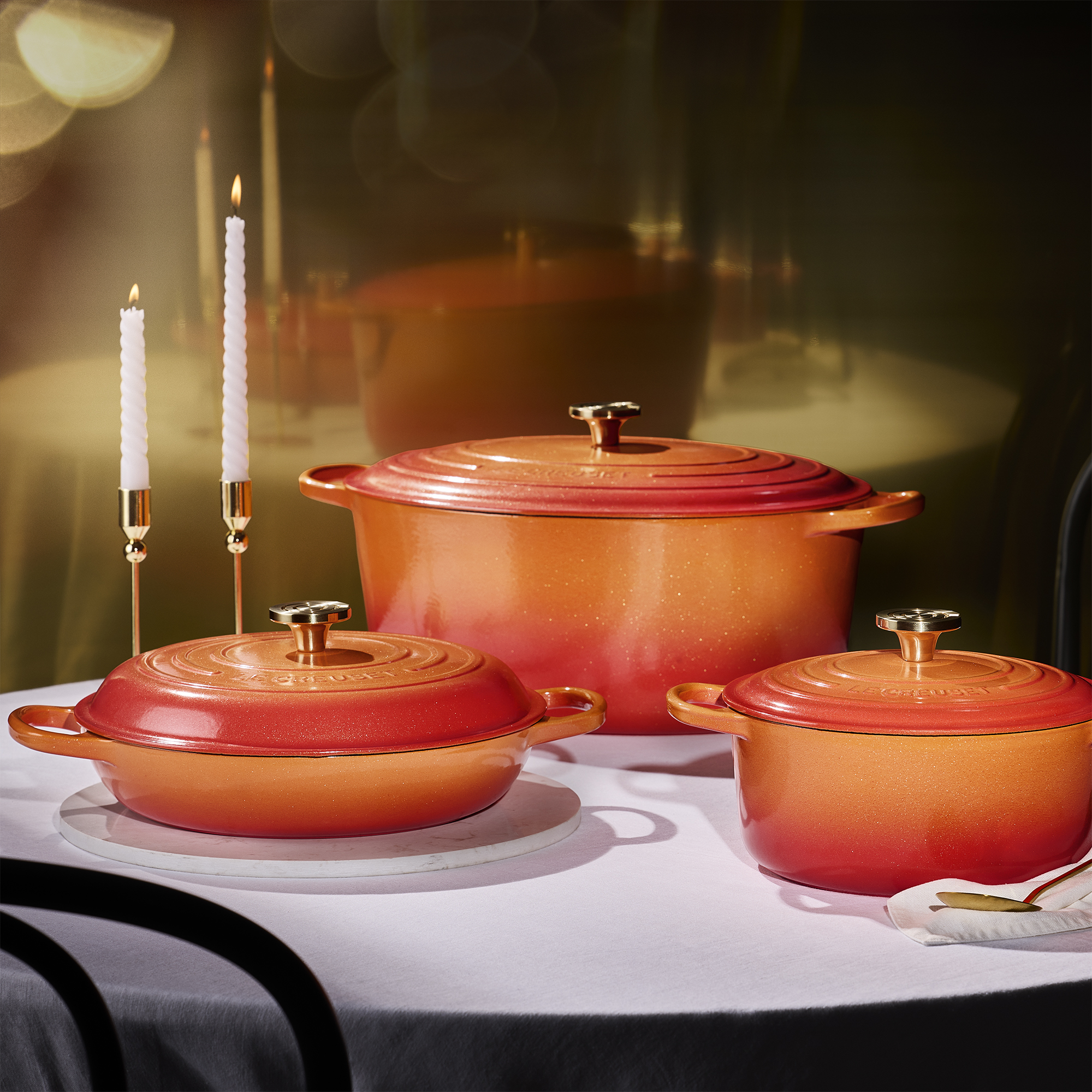 This is the new-but-vintage Le Creuset colour I wish I'd waited to buy my collection in – it's seriously covetable
This is the new-but-vintage Le Creuset colour I wish I'd waited to buy my collection in – it's seriously covetableFlamme Dorée is the brand's new limited edition colourway
By Molly Cleary
-
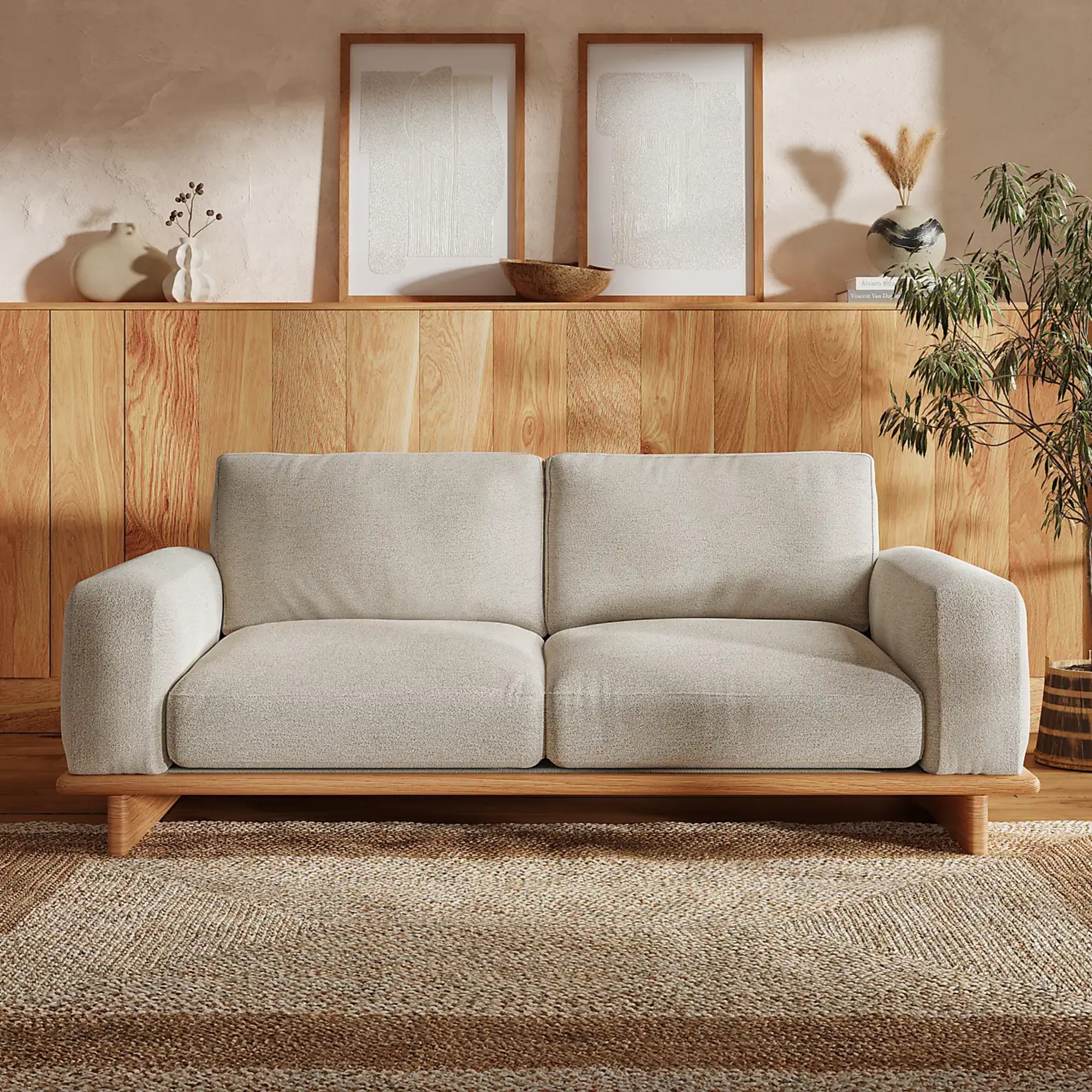 Wooden sofas may sound uncomfortable but that couldn’t be further from the truth – and if you're not convinced, this Dunelm version will change your mind
Wooden sofas may sound uncomfortable but that couldn’t be further from the truth – and if you're not convinced, this Dunelm version will change your mindThis is one of the most unexpected sofa trends of 2025
By Sara Hesikova